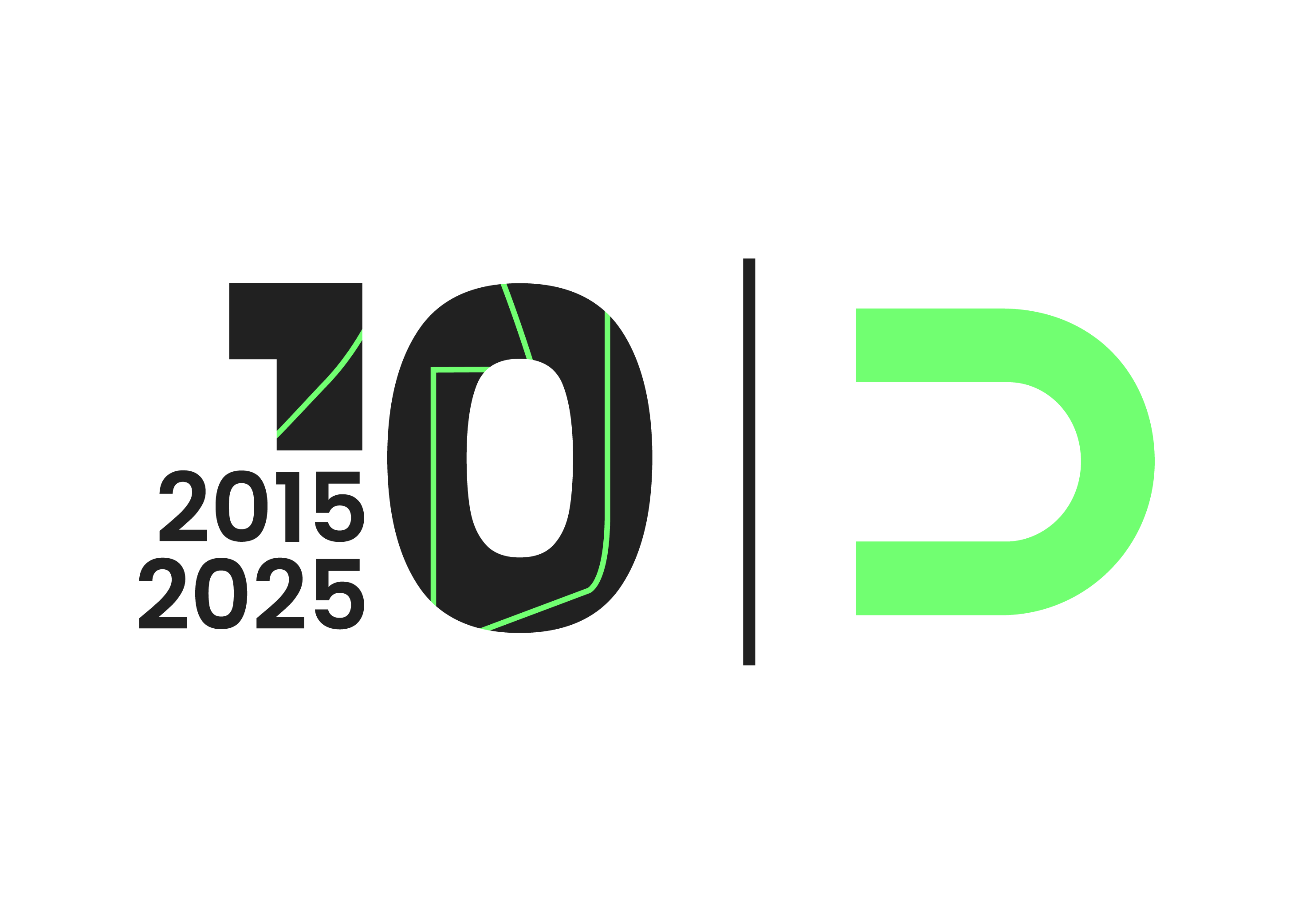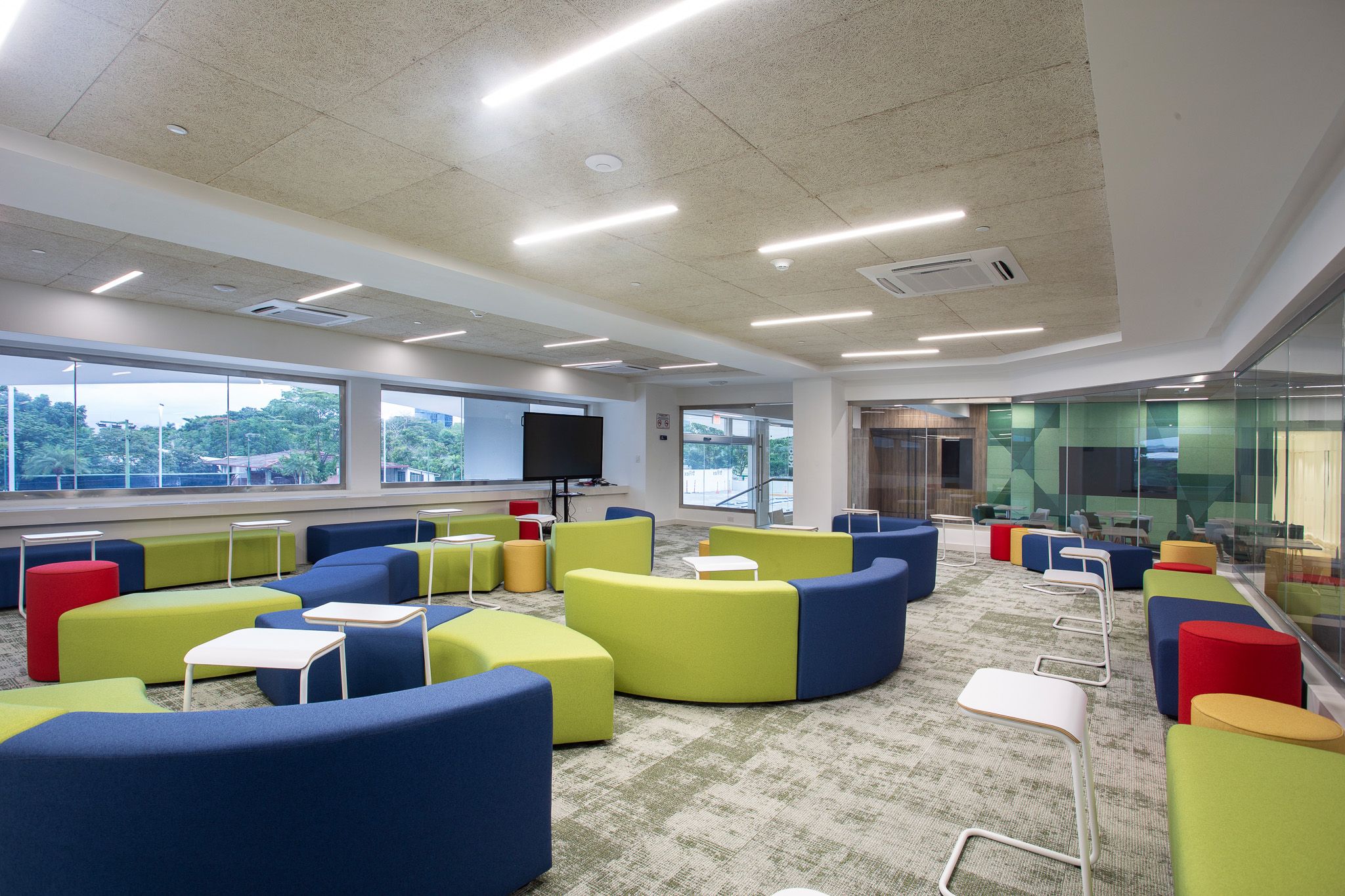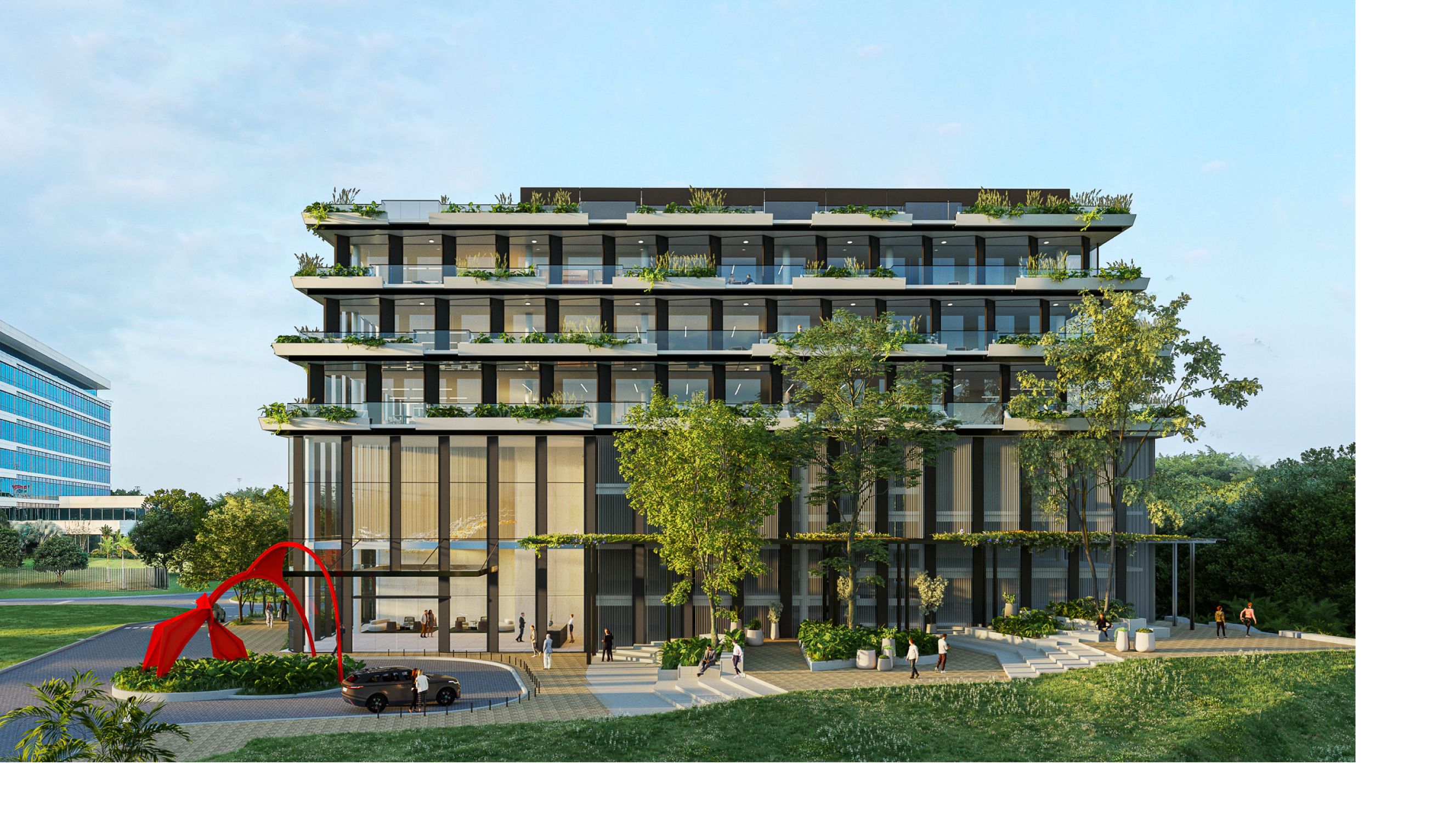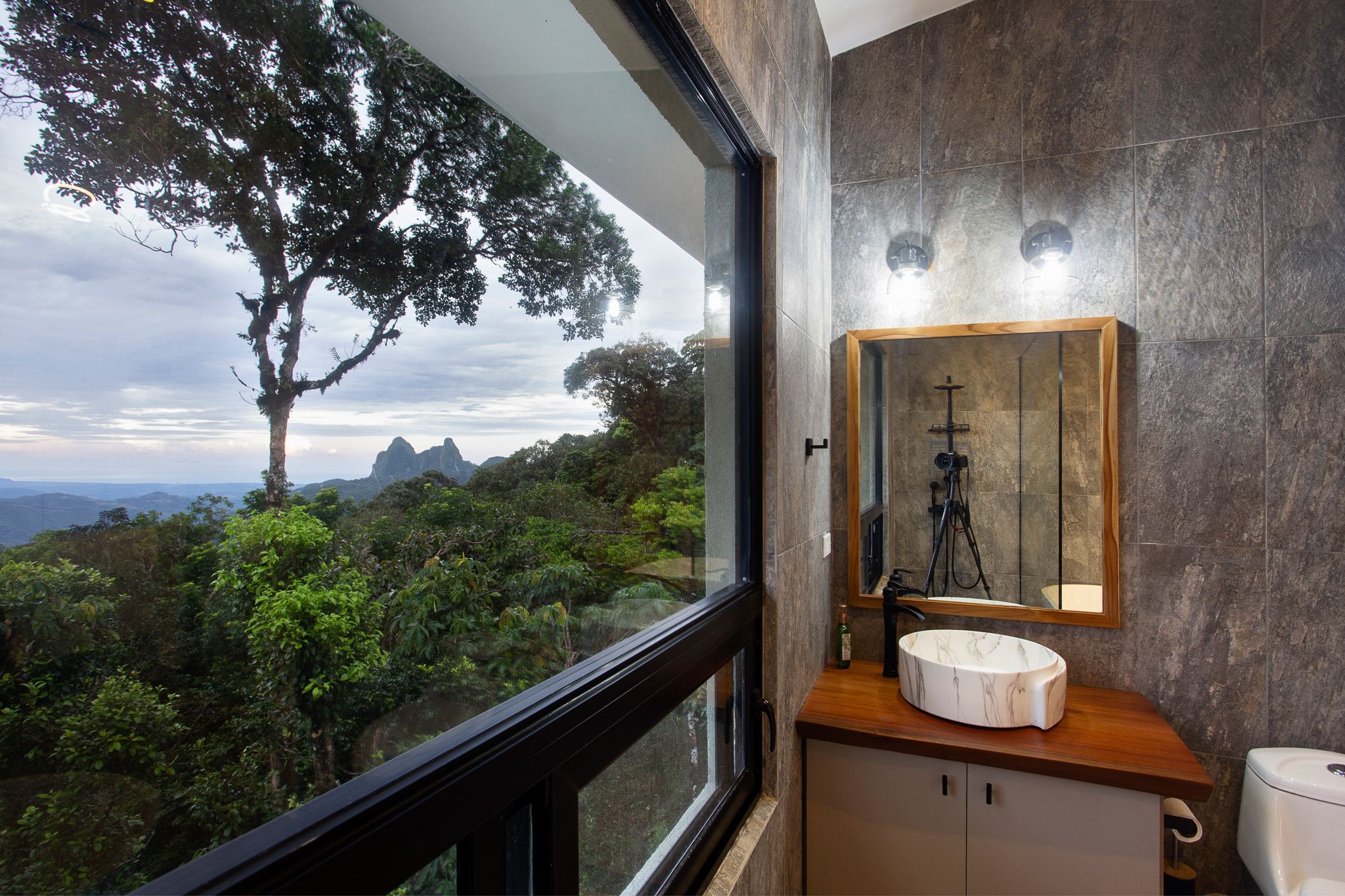Integration of Technology in Office Design in Panama: A Key Factor for Productivity
In an increasingly digital world, technology is transforming office design, and Panama is no exception. Technological integration not only redefines how workspaces function but also significantly enhances productivity, efficiency, and the overall work experience. From advanced collaboration tools to automated systems that optimize resource usage, modern offices are adopting innovative solutions to meet the demands of an ever-evolving workplace.
The Role of Technology in Modern Office Design
Technology plays a crucial role in office design, helping businesses maximize the functionality and efficiency of their spaces. Tools like building management systems, digital collaboration platforms, and connected devices enable modern offices to operate smoothly and adaptively. In Panama, where companies strive to compete regionally and globally, these technologies have become essential to staying ahead. Moreover, technology in office design not only optimizes internal processes but also creates an environment that meets employees' expectations for connectivity, comfort, and flexibility in the workplace.
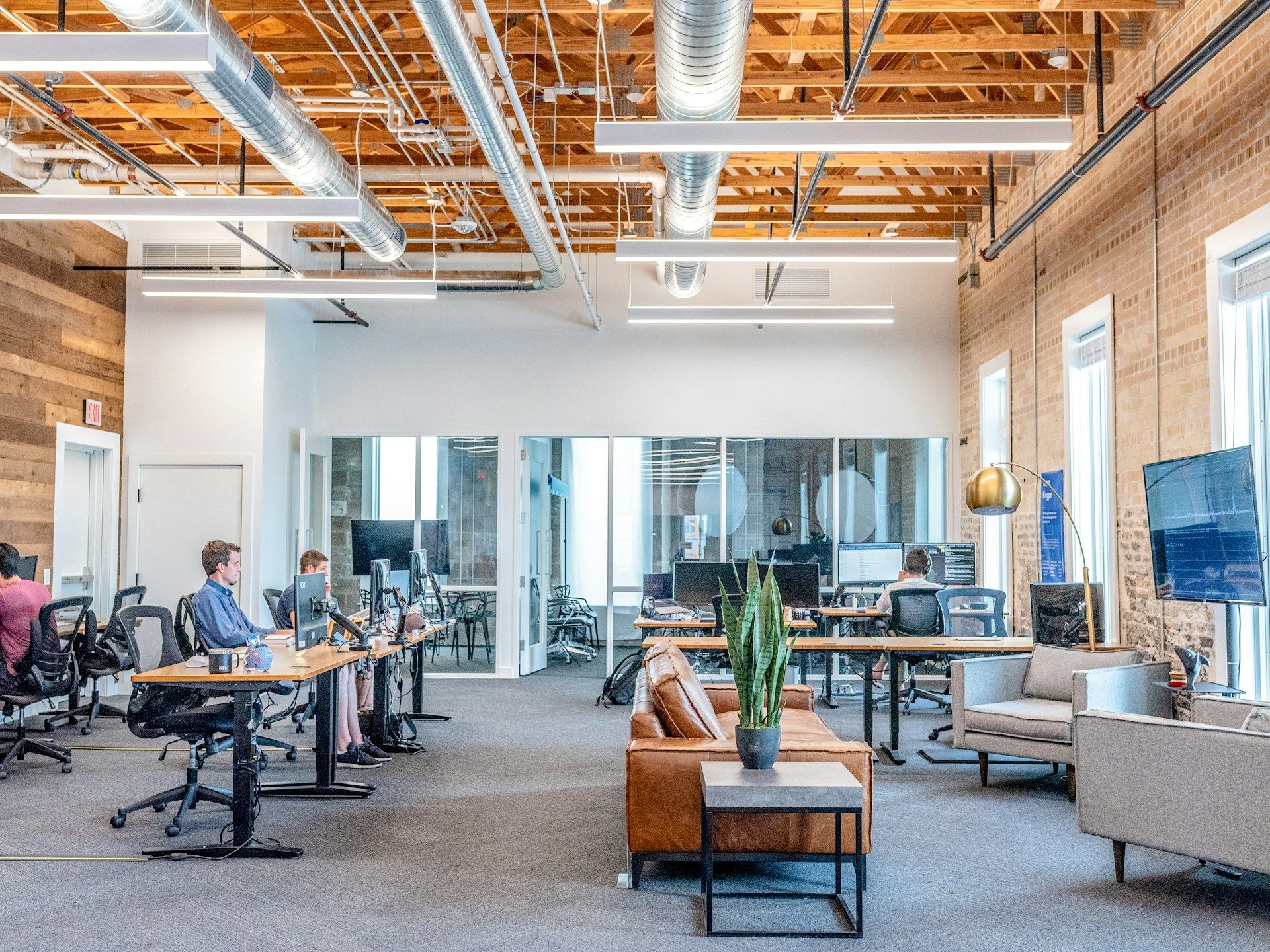
Technology for Collaboration and Communication
One of the primary areas where technology has impacted office design is collaboration and communication. Tools like high-quality video conferencing systems, interactive digital whiteboards, and project management platforms have transformed how teams work together, especially in hybrid environments combining in-person and remote work.
In Panama, modern offices are incorporating smart meeting rooms equipped with cutting-edge technology to facilitate interaction among teams distributed across various locations. These tools not only improve communication but also enhance efficiency by reducing the time and resources required to coordinate projects.
Optimizing Space Utilization with Smart Technology
Smart space management systems are another key innovation in office design. These systems use sensors and real-time data analytics to monitor area usage, helping businesses make informed decisions about optimizing their office layouts.
For instance, in modern offices in Panama, these systems help identify underutilized areas that can be reconfigured to maximize functionality. Additionally, reservable workstations and space planning tools ensure that resources are used efficiently, which is particularly crucial in hybrid work environments.
Automation and Comfort: Enhancing the Work Experience
Automation in office design not only boosts efficiency but also enhances employee experience by providing an environment tailored to their needs. Automated lighting and climate control systems, for example, adjust environmental conditions based on occupancy and personal preferences, creating a more comfortable and energy-efficient workspace.
In Panama, where high temperatures and humidity are constant challenges, these technologies are especially valuable. Offices that integrate smart climate control systems not only reduce operational costs but also improve employee well-being by maintaining a comfortable atmosphere throughout the workday.
Integrating Sustainable Technology in Offices
Sustainability is a priority in modern office design, and technology plays a critical role in achieving this goal. Solutions like energy monitoring systems, solar panels, and water collection systems allow businesses to reduce their environmental impact while optimizing resource use.
Benefits of Technology in Office Design
Integrating technology into office design offers multiple benefits for both businesses and employees:
- Increased productivity: Advanced digital tools streamline processes and facilitate team collaboration.
- Space optimization: Smart systems ensure every square meter is used efficiently.
- Enhanced well-being: Automation and adaptive solutions create a comfortable and healthy environment for employees.
- Sustainability: Technology helps reduce resource consumption, aligning with global environmental goals.
- Flexibility: Technologically advanced offices can quickly adapt to changing organizational needs.
Future Trends in Office Technology in Panama
As Panamanian businesses continue adopting technology as a strategic tool, several trends are emerging in office design:
- Augmented and virtual reality: These technologies are being used to design and optimize spaces, as well as for immersive training and meetings.
- Artificial intelligence: AI-based systems are transforming building management, from space planning to forecasting future needs.
- IoT (Internet of Things): Connected devices that collect and analyze real-time data enable more precise and efficient resource management.
These trends point to a future where offices are even more dynamic, adaptable, and focused on employee needs.
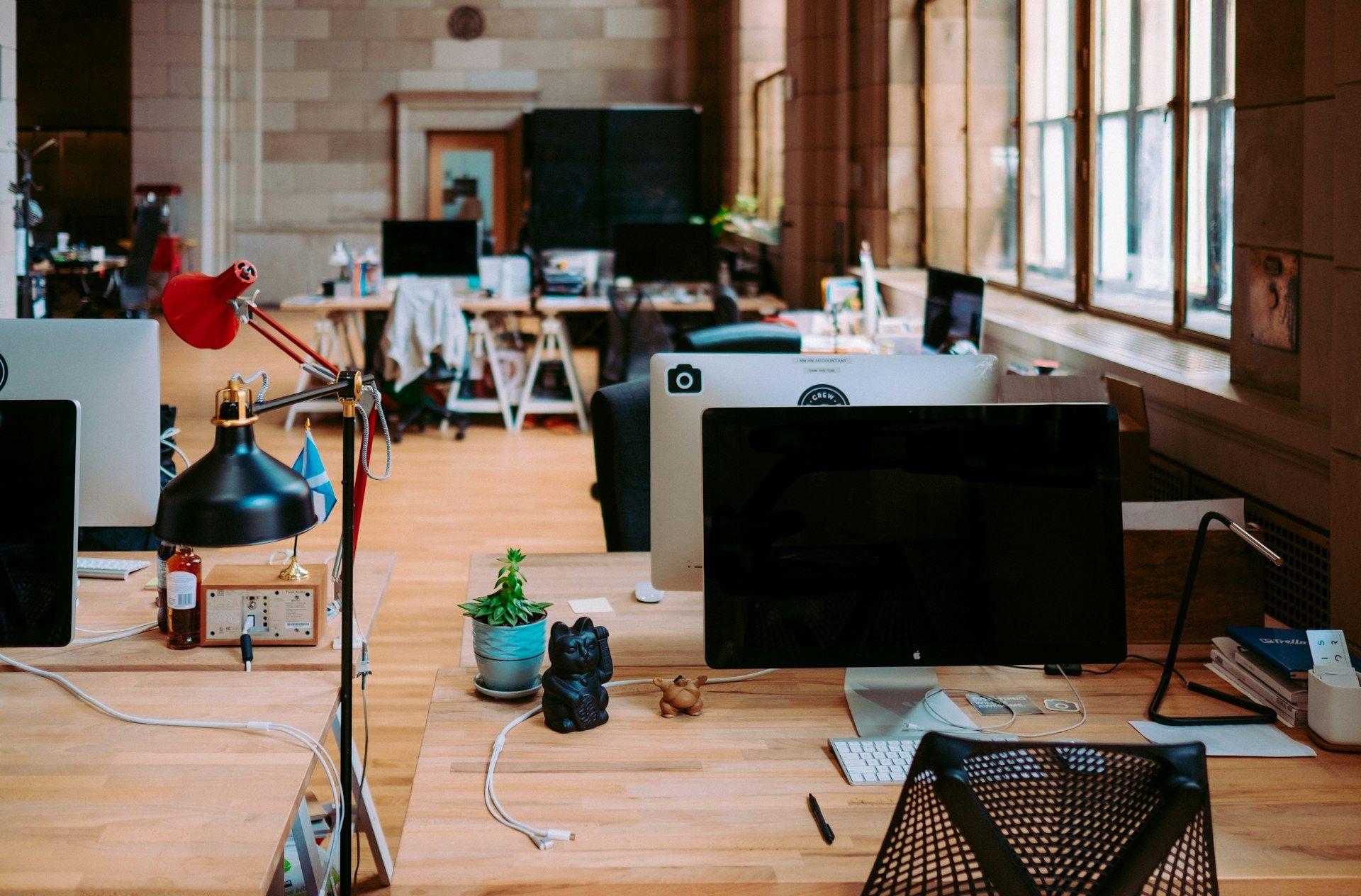
The integration of technology in office design is not just an innovation but a necessity in the modern work environment. In Panama, where companies aim to compete in a global market, smart offices provide a significant advantage by improving productivity, optimizing resources, and promoting employee well-being. By adopting these technologies, businesses not only transform their workspaces but also position themselves as leaders in innovation and sustainability, paving the way for a more efficient and connected future.
